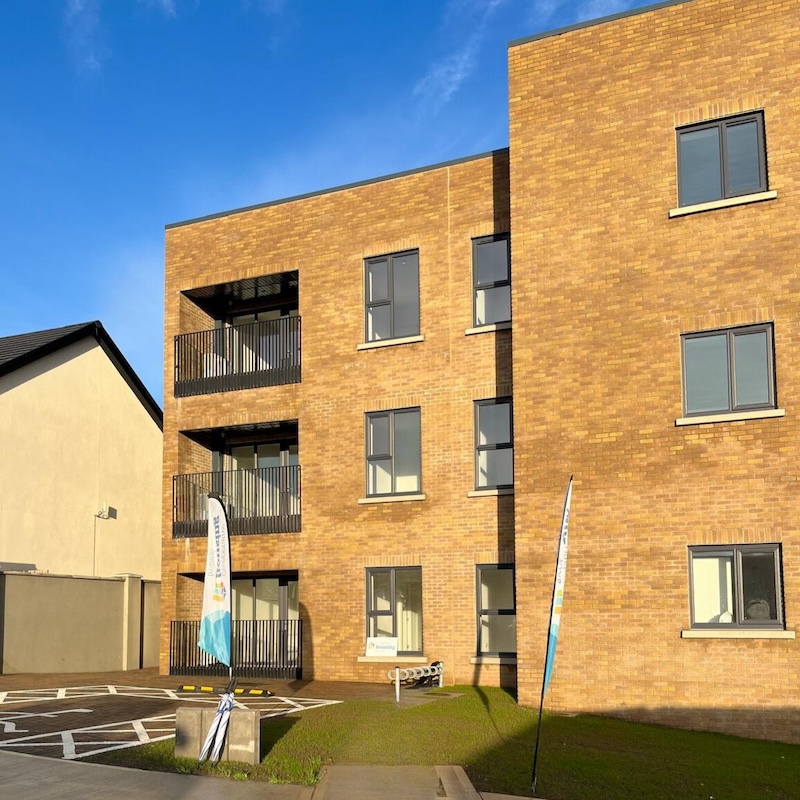April 4, 2024

CHI welcomes the new report from the Irish Green Building Council, ‘Bridging the Gap Between: Energy Poverty and Energy Renovation’. One of the main recommendations from this research is for an increase in funding for energy renovation for social housing and AHBs. Speaking about the report and CHI’s dedication to providing energy efficient homes, CHI’s Director of Asset Management and Property Services, David McCourt, said,
“CHI is fully aware of the positive impact that high quality energy upgrades can have on fuel poverty as well as decarbonising the AHB and housing sector. We take this issue very seriously and have delivered 293 Deep Energy Retrofits since 2018 as part of our ‘Improving Warmth and Wellbeing’ Programme. These energy upgrades were delivered to our poorest energy performing homes and raised their BER to a minimum of B2 achieved with additional insulation, high efficiency windows and doors, and the installation of air-to-water Heat Pumps.”
Retrofitting existing housing stock not only provides improved warmth and wellbeing to CHI Member Tenants, but it also aligns with the need to drastically decrease reliance on fossil fuels as set out in the government’s Climate Action Plan 2021. Retrofitting existing homes and buildings is crucial to reaching net-zero carbon emissions nationally by 2050. It is becoming increasingly clear that executing and financing retrofits of older properties is as important as the delivery of new nearly zero energy building (NZEB) homes to reach net zero targets.

Completing deep energy retrofits on poorest energy-performing properties can make a significant difference to Member Tenants quality of life. An Oireachtas report published in 2022, lists cost of energy and the energy efficiency rating of a dwelling as two drivers of Energy/Fuel poverty, which can impact health and wellbeing, social inclusion and housing tenure. Those with a low-income living in social-rented homes often do not have the funds available to make life-changing energy upgrades to their homes. David McCourt commented on the progression and impact of CHI’s ‘Improving Warmth and Wellbeing’ programme, “Most recently, we delivered Deep Energy Retrofits to 52 apartments in Newcourt, Dublin. As an Approved Housing Body, our primary responsibility is to our Member Tenants, so the biggest benefit we get from retrofitting our houses is ensuring their warmth and wellbeing, which also benefits them in terms of their reducing their cost of living.””

It is becoming widely acknowledged that the awareness of decarbonising the sector and scaling up current retrofit and decarbonisation projects is contingent on increased retrofit finance from government and stakeholders. A need for increased funding to AHBs to retrofit low energy performing properties was also one of the key findings of ‘Providing environmental leadership in social housing to advance Climate Action goals’ published by the Housing Alliance last year, and has been championed by CHI.
“In our 2024 pre-budget submission, CHI asked for an introduction of grant funding for AHBS for retrofits/energy upgrades of older properties, and we will continue to advocate for this much needed funding system for our older homes, putting our Member Tenants and environment at the heart of our service delivery.”, said McCourt.








